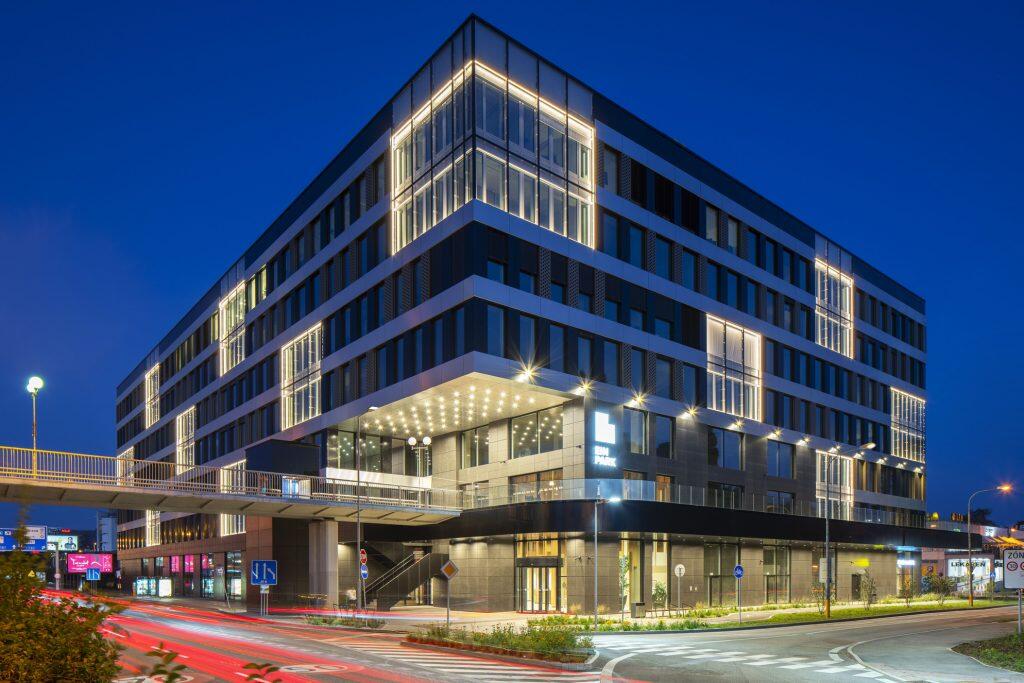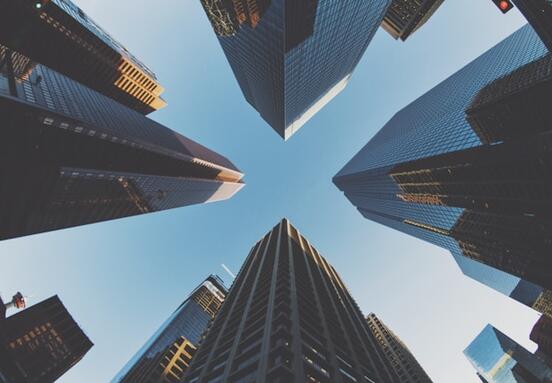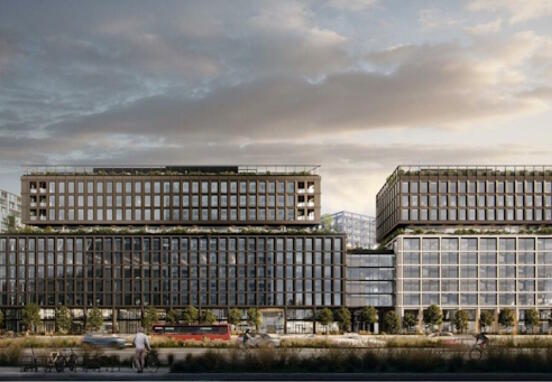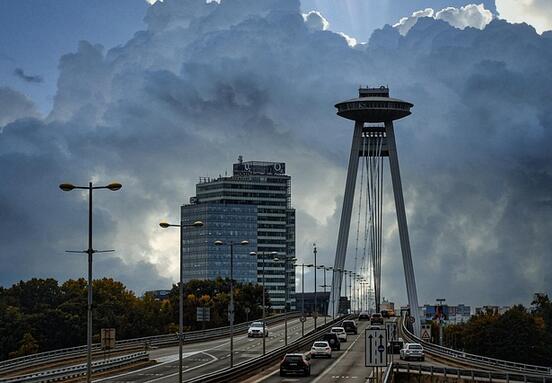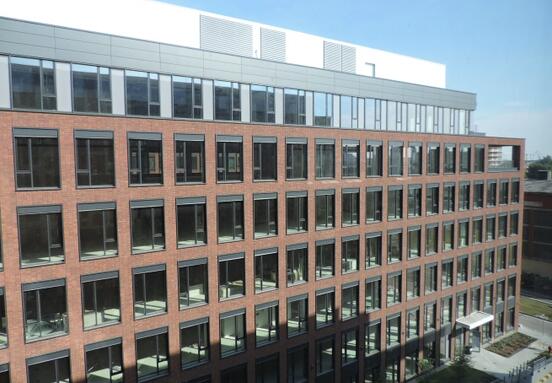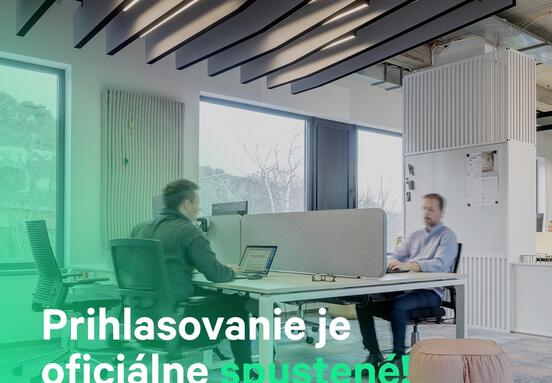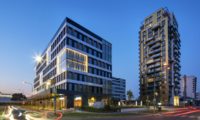The trend is clear
Human impact on the environment is one of the most dominant problems today. It is, therefore, no coincidence that the issue of social responsibility is constantly gaining momentum. The European Union has set itself the goal of being carbon neutral by 2050, the USA is introducing more and more tax benefits for sustainable business, and green bonds have already appeared in Slovakia. Not only customers but also international organizations, investment funds and banks are beginning to prefer financing projects and companies that are healthy, sustainable and responsible. The most important are only three letters: ESG.
What is ESG?
ESG (Environmental, Social, Governance) is a set of criteria for responsible business. They express how the organization affects the environment, the community and whether it is managed responsibly. Compliance with these criteria is closely monitored at the international level and is already one of the best ways to determine the future market leader. Obtaining more advantageous financing, the ability to respond to regulations or simply prestige thus also depend on how the company manages waste, which it does to improve energy efficiency, reduce its carbon footprint or how it manages water.
They already work in our country
The Bratislava Einpark Offices is a clear proof of that. "Long before the start of the pandemic, we knew that a healthy indoor environment and sustainability would be extremely important in the office segment. That's why we've invested in making our building meet the most stringent LEED Platinum sustainability certification criteria. This immediately attracted the attention of large foreign companies. They see Einpark as one of the tools that helps them reduce their negative effects on the environment and improve their ESG scores. Even at a time when a large number of companies are reducing their representation in office buildings or even leaving them altogether, we are succeeding in gaining new tenants, ”says Peter Demský, CORWIN's Sales Director. Since its completion in 2020, the headquarters of McDonald’s, Mercedes-Benz, ERNI, Beiersdorf, Softec and Metrohm have moved into the Einpark.
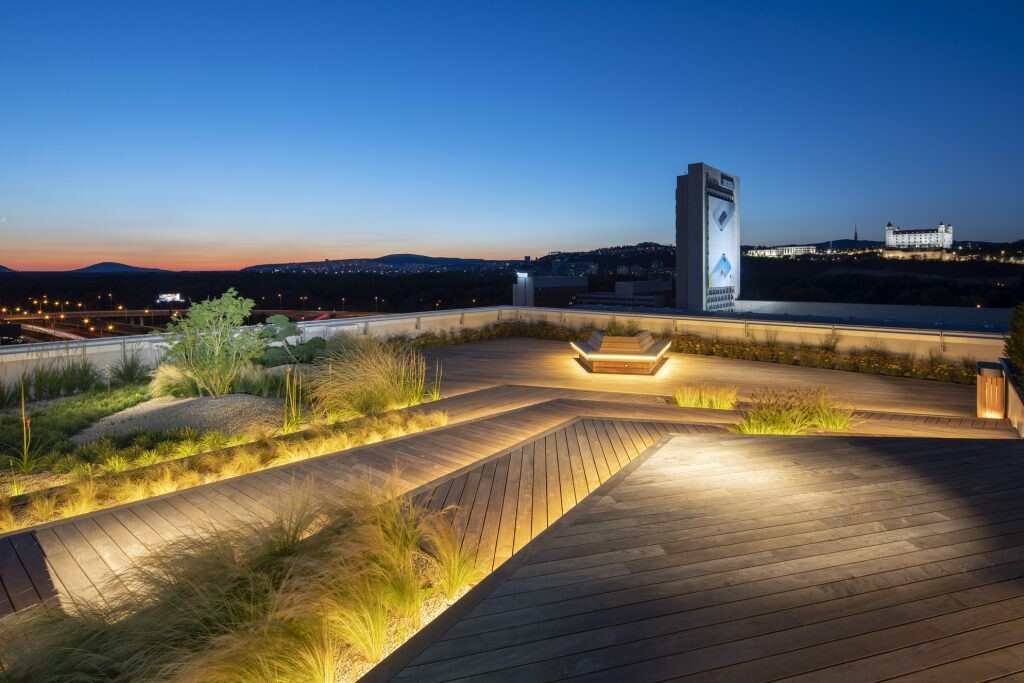
Photo source: Corwin
An investment in a green building is an investment in people
The main benefits of sustainable buildings include lower operating costs, reduced resource waste and lower maintenance costs. But there are also seemingly unrelated benefits, such as higher productivity of company employees, greater comfort and a decrease in morbidity among tenants. In particular, the last point, although more difficult to measure, can be considered as the greatest benefit of green buildings, as the costs associated with human resources are often among the most significant corporate expenditures.
"Throughout the Einpark, we have extremely gentle and healthy cooling beam technology. It works on the principle of radiation. It does not swirl dust, does not blow cold air and creates a much more pleasant and healthier indoor environment, as is the case with the use of conventional cooling, which is behind the rising incidence of respiratory diseases even in the summer months. We also use a CO2 monitoring system, which ensures that fresh air in the room is automatically exchanged according to current needs. These and other technologies not only reduce the negative impacts on the planet, but also create a more pleasant working environment and protect the health of the building's inhabitants, "Demský describes. Thanks to these technologies, green buildings can reduce the rate of absence for health reasons, increase productivity and thus ensure a higher return on investment.
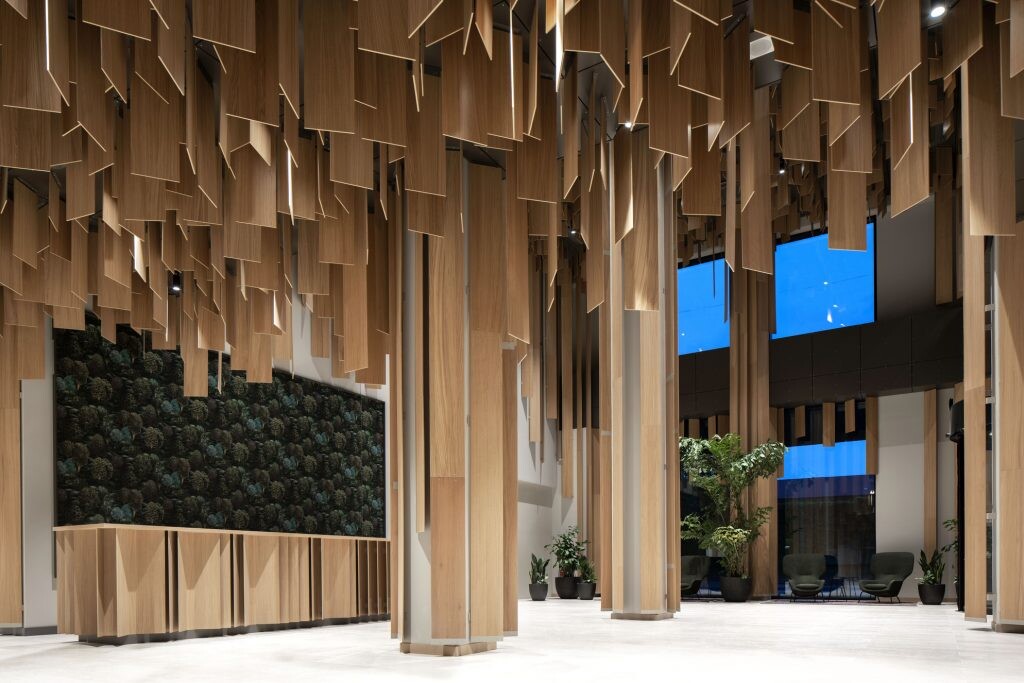
Photo source: Corwin
Greenwashing is a risk
However, even with regard to sustainability, attention must be paid to details. Clients have to choose from dozens of offers, and today the attributes "green" are also praised by entities that cannot defend their compliance with the ESG principles. "We also encountered someone promoting 'ceiling cooling' in the building, but it was just a regular air conditioning unit hidden under the ceiling. This, of course, unlike true ceiling cooling, which works on the principle of radiation, has no health or economic benefits, "adds Peter Demský.
However, even such cases show that ecology is becoming an extremely desirable attribute in the market, sustainable spaces can elevate business and it is definitely possible to make money on "greenery".
Source: // Forbes
